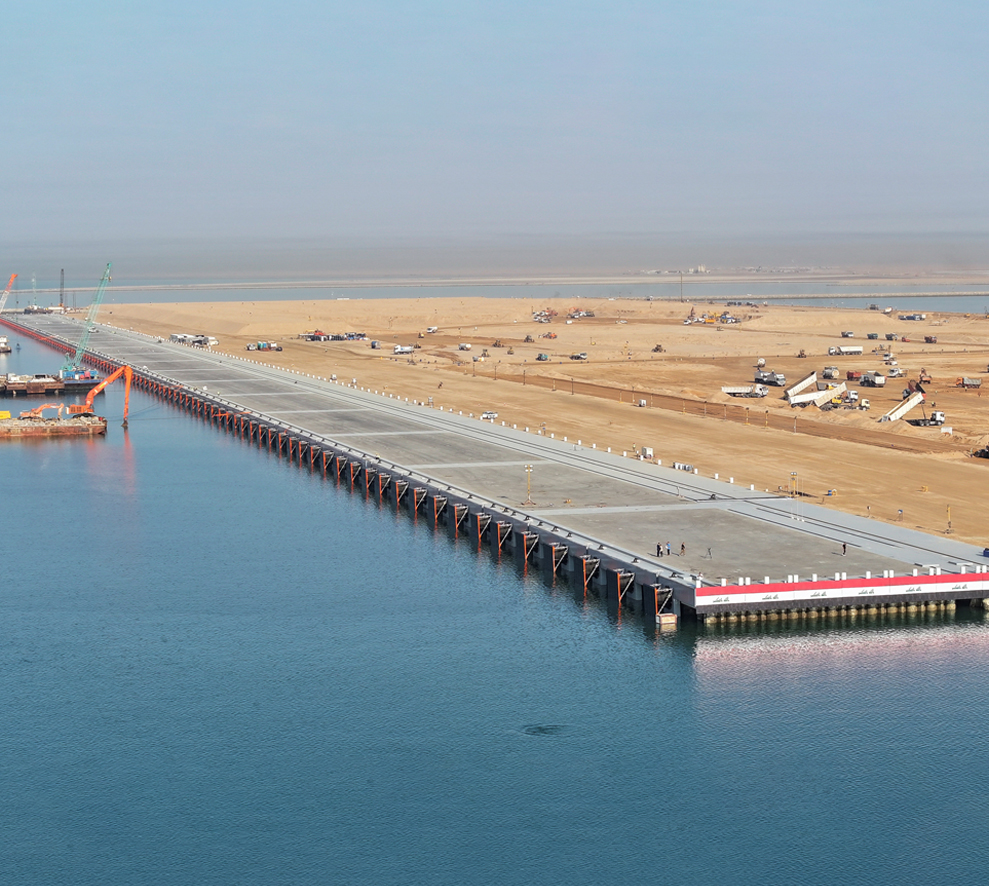Analyses
Regional Trends
The Syrian-Iraqi Border: Reshaping the Geopolitical Space of the Middle East
International and Global Trends
Real clear world: A former terrorist inside the white house
International and Global Trends
NYT: The President and A Former Terrorist Meet at the White House
Arab policy
The Syrian Unity Predicament: Files of Sovereignty, Security, and the Kurdish Issue
The Palestinian–Israeli Conflict
Trump’s Plan: Second Phase Scenarios
Filter by:

The Government of Impossible Balances: Scenarios and Policies
This paper addresses the scenarios after the Knesset and the left-wing Meretz Party member, Ghaida Zoabi's, resigned from Israel's government coalition, then retracted her resignation, as well as the
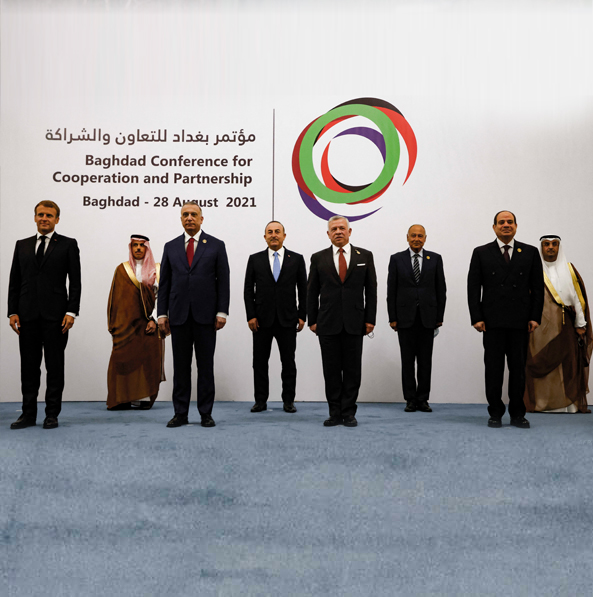
How Far Can the Reconciliations in the Region may Stand?
This Policy Paper examines the Middle Eastern countries orientation to explore the opportunities and mechanisms of cooperation among themselves to manage conflicts, and seeks to answer a key question: would the reconciliations in the region stand and reflect positively on regional realities, or is such reconciliations a temporary trend, which its results will remain limited?

Political Islam: A Critique of Discourse and Content
This paper sheds light on the ideology of Political Islam groups during the seventies and eighties of the past century, and the impact this ideology made on how these groups dealing with concepts of authority, in addition to how they judged, from their narrow perspective associated with their partisan organizations and misperceptions.
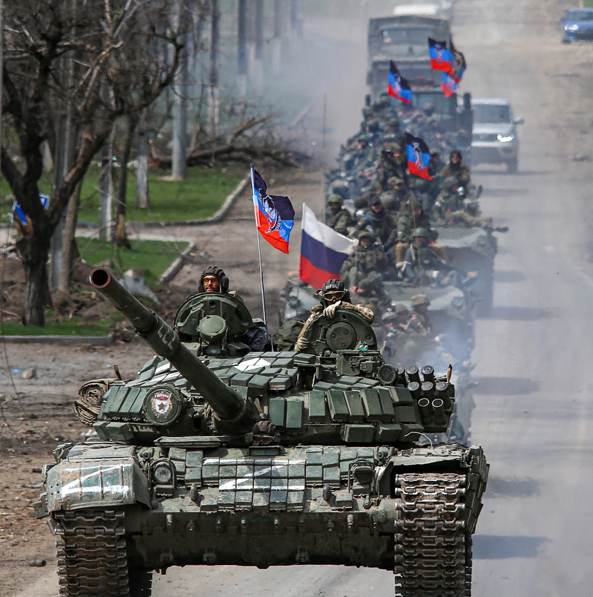
ARAB STANCES ON THE UKRAINIAN CRISIS: OPPORTUNITIES AND THREATS
This article reviews the Ukrainian crisis effects on the Arab countries, in addition to the opportunities and challenges such crisis poses, in light of the Arab regional system's position on the international scene. The article also reviews the region's position in the global energy market, as well as the potential implications on food security, in order to understand the nature of the Arab stance on this crisis.
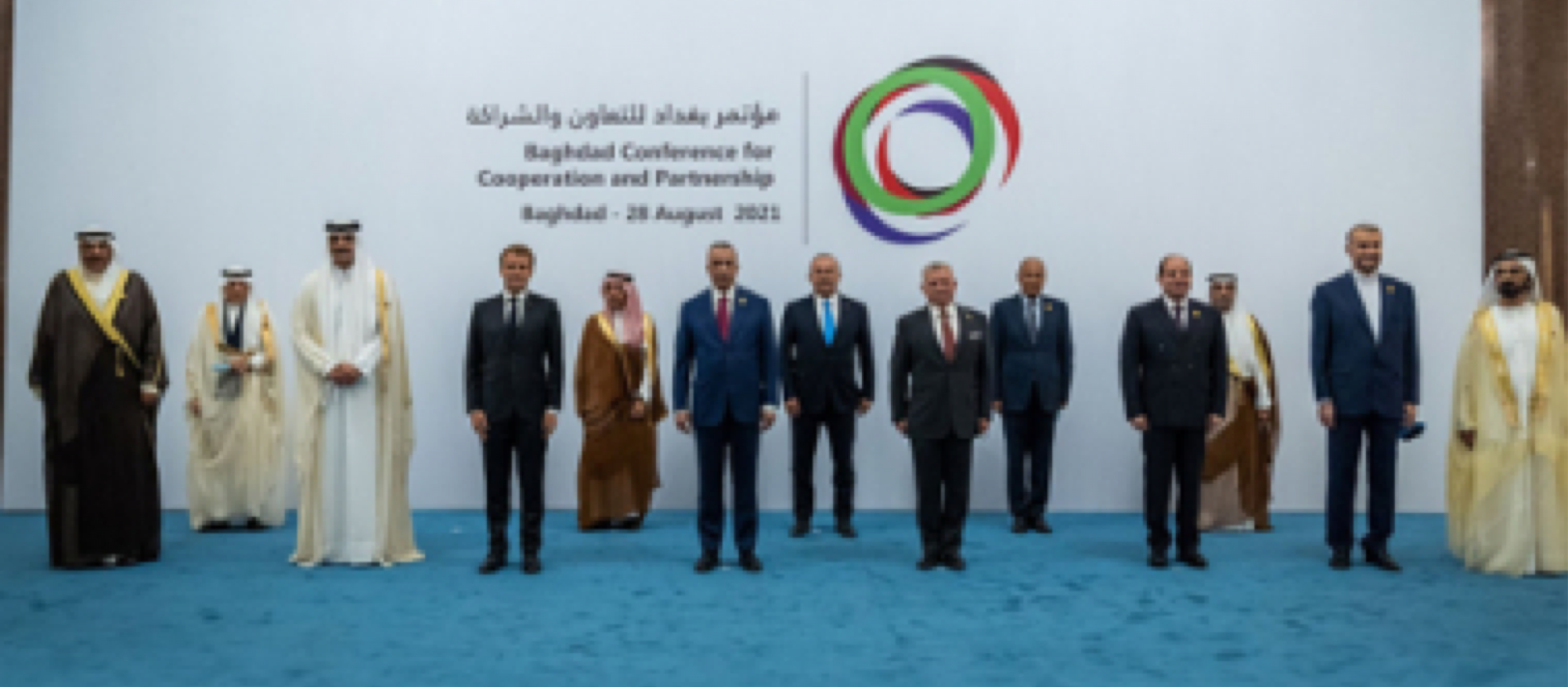
Advertising space title
Description of the advertising space. Upon the client’s initial approval of the design, this text will be removed.

Effects of International Currency War on the Arab States
This paper presents a reading in the concept of "Currency War" as one of the economic tools employed by states in the context of competing, as well as the implications of such war for some Arab states which associate their currencies to USD. Due to that the world order is heading towards more manifestations of competing, like in the Ukrainian crisis, in addition to its implications on the Arab states, this paper presents a set of measures that aim to reduce the negative effects of international events on Arab economies.
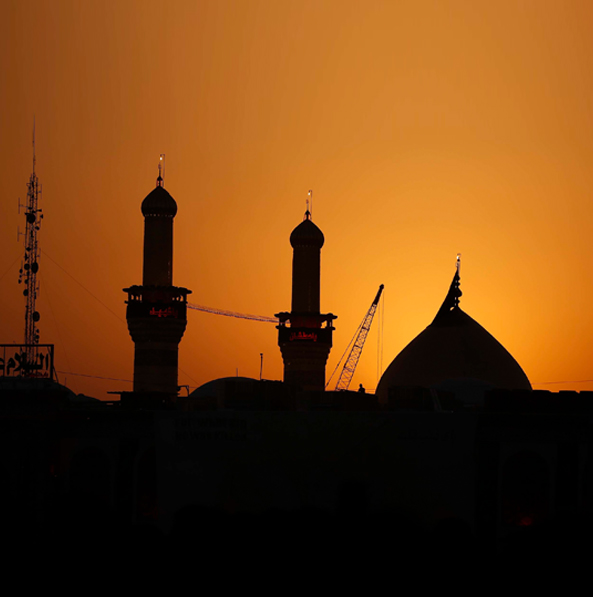
TOWARDS EFFECTIVE ARAB SHI'ISM AND HAWZA: THE CONCEPT, THE PROBLEMS, AND THE CHALLENGES
This paper highlights the emergence of contemporary Arab Shi'ism, its features, and its distinction from political Shi'ism, that has its ideological and intellectual reference associated with the "al-Wali al-Faqih", in addition to the ways available to enable "Arab Shi'ism" in the face of the excessive expansion of Iranian Shi'ism.

CITIZENSHIP IN THE LEGACIES AND LITERATURE OF THE MUSLIM BROTHERHOOD
This paper presents a critical reading to the intellectual and educational aspects of the Muslim Brotherhood rhetoric related to citizenship, along with demonstrating the citizenship's urgent need for revisions and renewals, in order to conform with the requirements of our modern age, aside from the Muslim's Brotherhood's inherited speeches and letters from Hasan al-Banna and others.
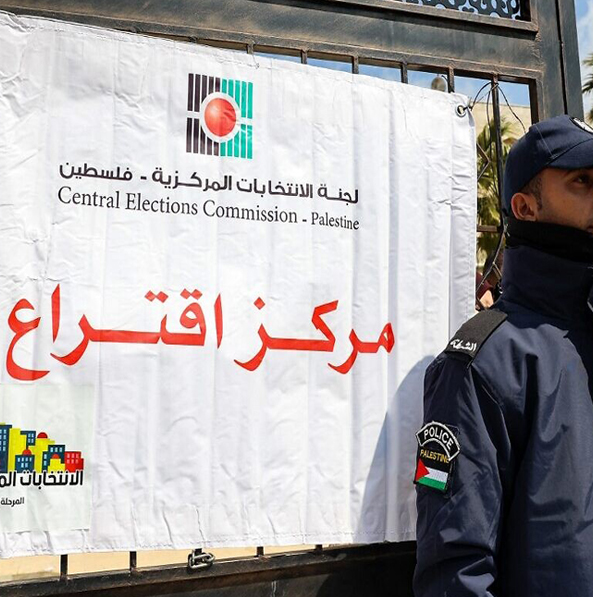
A Detailed Reading in the West Bank Local Elections
This paper tackles the results of the second round in the local Palestinian elections within the West Bank which were held on March 26th 2022. The results attempt to present a detailed reading where they assume that these elections acquire political dimensions in the Palestinian Status and they will have consequences on the future of the political conditions particularly in the West Bank.
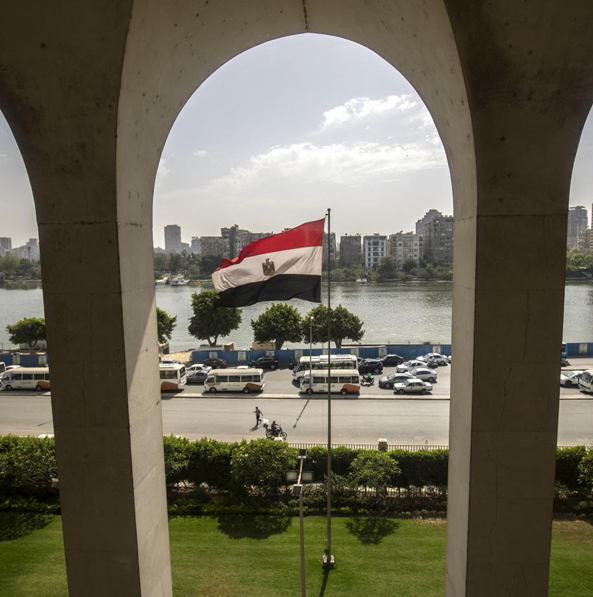
THE DIFFICULT ROAD TO RESUMING EGYPTIAN-IRANIAN RELATIONS
This paper provides a reading in the Egyptian-Iranian future of relations, in light of many indicators and developments within the context of bilateral and regional dialogues and talks. What are their chances of success, in light of the structural constraints inherent in the relations of the two countries that have kept them severed since 1979?
